Hybrid vs Electric Cars: How to Decide Which One is Best? (2025 Guide)
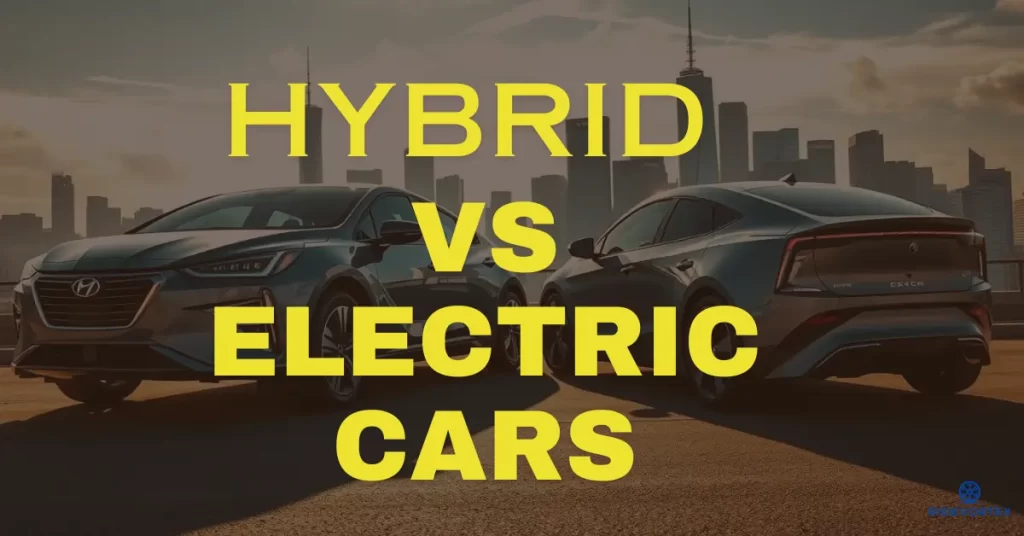
Introduction: The Indian Dilemma—Hybrid or Electric?
With India moving towards sustainable transportation in 2025, car buyers face a genuine dilemma—hybrid or electric? Both have their unique advantages, technology, and limitations. Government incentives, infrastructure, and cost of ownership play a key role in your decision. So, which car fits your lifestyle and budget best?
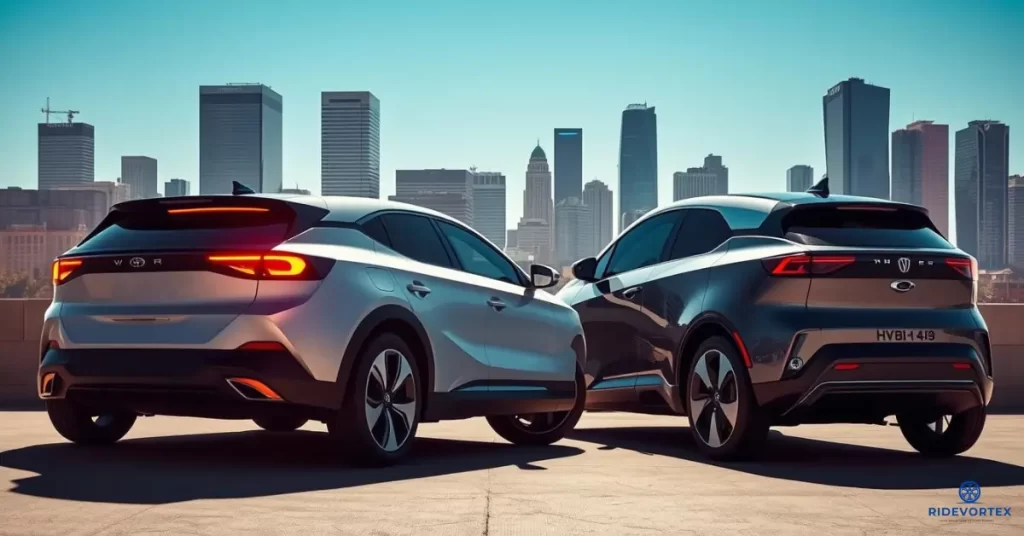
What’s the Difference? Hybrid vs Electric Cars—Explained
- Hybrid Cars: Combine petrol engine and electric motor. They self-charge via regenerative braking; no plug-in required (regular hybrid). Plug-in hybrids (PHEVs) can be charged for limited pure electric range.
- Electric Cars (EVs): Powered solely by batteries and electric motors. Need external charging; typically offer silent, emission-free drive.
2025 Spotlight: India now offers strong-hybrid (Maruti Grand Vitara, Toyota Hyryder), plug-in hybrids (import segment), and a growing portfolio of electric cars (Tata Nexon EV, MG Comet EV, BYD, Hyundai Ioniq 5).
Detailed Comparison Table
| Feature | Hybrid Car (example: Grand Vitara) | Electric Car (example: Nexon EV) |
|---|---|---|
| Powertrain | Petrol + Electric Motor | Pure Electric Motor + Large Battery |
| Fuel/Charging | Petrol fill + self-charging | Need home or public charging point |
| Mileage/Range | 20–28 kmpl (combined) | 250–500 km per charge (model dependent) |
| Running Cost | ₹3–5/km (petrol subsidized) | ₹0.8–1.5/km (electric) |
| Maintenance | Lower than petrol/diesel, higher than EV | Very low, almost nil servicing, no engine |
| Purchase Price | Slightly more than petrol, less than EV | Highest, but falling with new launches |
| Govt Subsidies | Mild (state-dependent) | FAME II, state subsidies, big price cuts |
| Infrastructure | No dependency on charging infra | Need regular charging solution |
| Pollution | Lower emissions, not zero | Zero tailpipe emission |
| Resale Value | Good, improving | Improving, still uncertain |
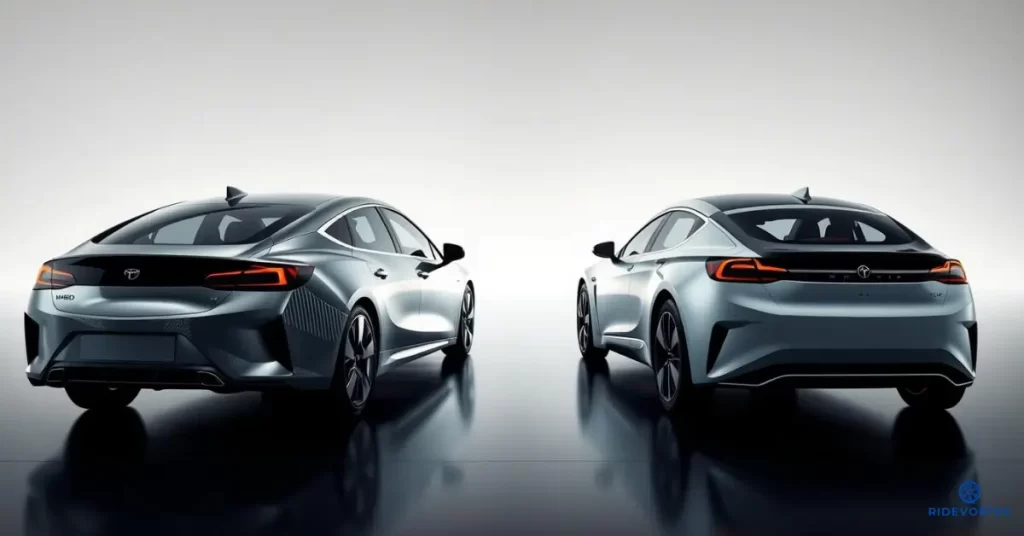
Key Pros and Cons
Hybrid Cars:
- No range anxiety, petrol backup
- Easy to refuel anywhere
- Suits long distance and urban use
- Slightly higher maintenance than EV
- Not fully emission-free
Electric Cars:
- Lowest running & maintenance cost
- Quiet, smooth, zero-emission
- Subsidies and tax savings
- Need home/public charging
- Charging time (3–8 hrs home, <1 hr DC fast)
- Price still higher, especially for long-range models
Deciding Factors—Which is Best For You?
Hybrid Car Best If…
- You need a reliable, versatile car for city + highway
- No home charging capability
- Want lower running cost, but not ready for full EV
- Reside in tier-2/3 cities with less charging infra
Electric Car Best If…
- Primary usage is daily city commutes (less than 200 km/day)
- You can install home charger or have easy access to public charging
- Want lowest cost per kilometer
- Future-proofing and lowest environmental impact is your goal
Real-World Cost & User Reviews
In user polls and reviews, electric cars save up to ₹70,000–1,00,000 per year on fuel/service for regular users, but hybrid owners praise the flexibility and stress-free refuelling on longer trips.
CHECK OUT MORE:
- Used Diesel vs. Petrol Cars in 2025
- Protect Your Car from Rust During Monsoon
- Legal Car Modification Rules in India 2025
Top 2025 Hybrid and Electric Car Choices in India
- Best Hybrids: Maruti Grand Vitara Hybrid, Toyota Urban Cruiser Hyryder, Honda City e:HEV
- Best Electrics: Tata Nexon EV, Tata Punch EV, MG ZS EV, Hyundai Kona EV, BYD Atto 3
- Upcoming: Toyota Innova HyCross Hybrid, Mahindra XUV.e8 (electric)
FAQs
Q1. Do hybrid cars need charging at home?
No, regular hybrids self-charge. Plug-in hybrids can be charged for limited EV-only range.
Q2. Which has higher resale value—electric or hybrid?
Currently, hybrids have slightly better resale, but EV resale is fast improving as market matures.
Q3. How much does it cost to charge an electric car at home?
Typically ₹1–1.5 per km. A 30kWh battery costs about ₹180 to charge fully at home electricity rates.
Q4. Which car is better for rural India—hybrid or electric?
Hybrid, as they don’t depend on charging infra and can run on petrol alone.
Q5. Are EV maintenance and battery replacement costs high?
Routine maintenance is lowest on EVs. Battery life is usually 7–10 years, and most brands offer extended warranties (8 years usual).
Conclusion: Final Word—Hybrid or Electric for India in 2025?
Choose hybrid for peace of mind, fuel savings, and flexibility if charging is a worry. Pick electric if your usage is mostly urban, you want long-term savings, and you have (or plan for) regular charging. India’s future is electric, but for now, both offer smart alternatives to petrol/diesel—choose what fits your routine and budget!


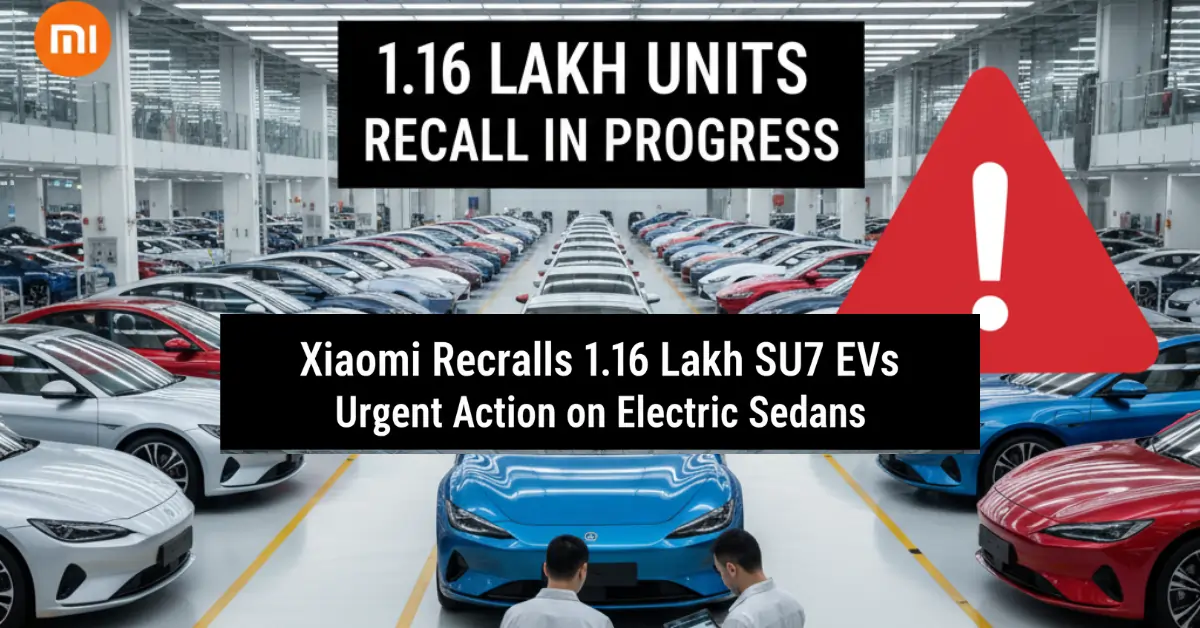
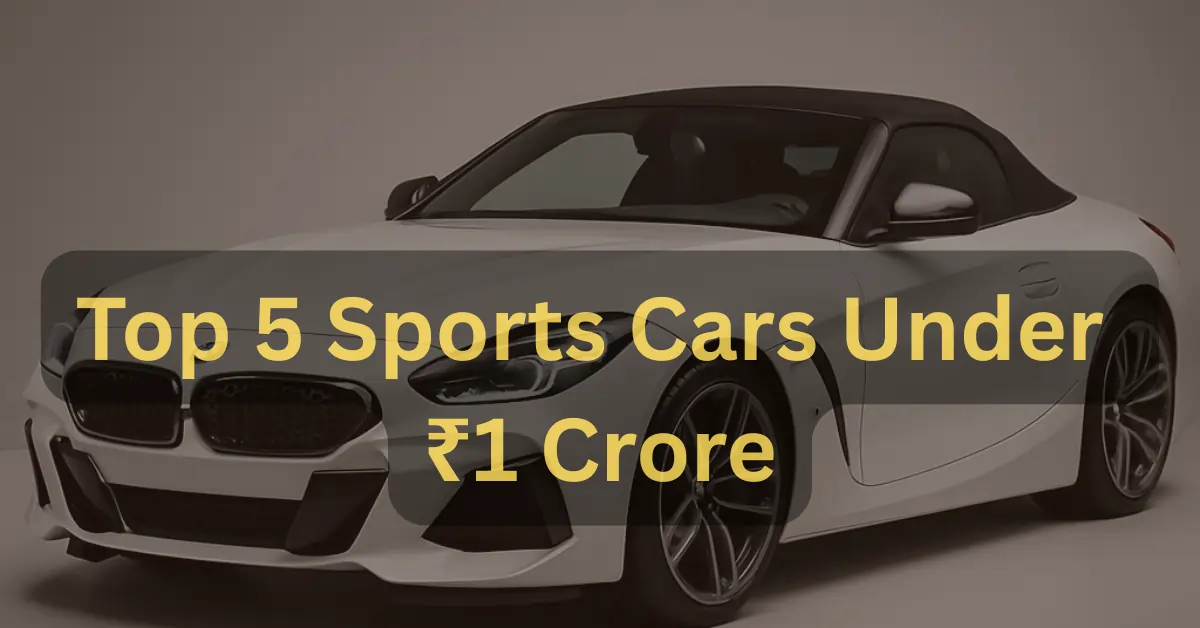
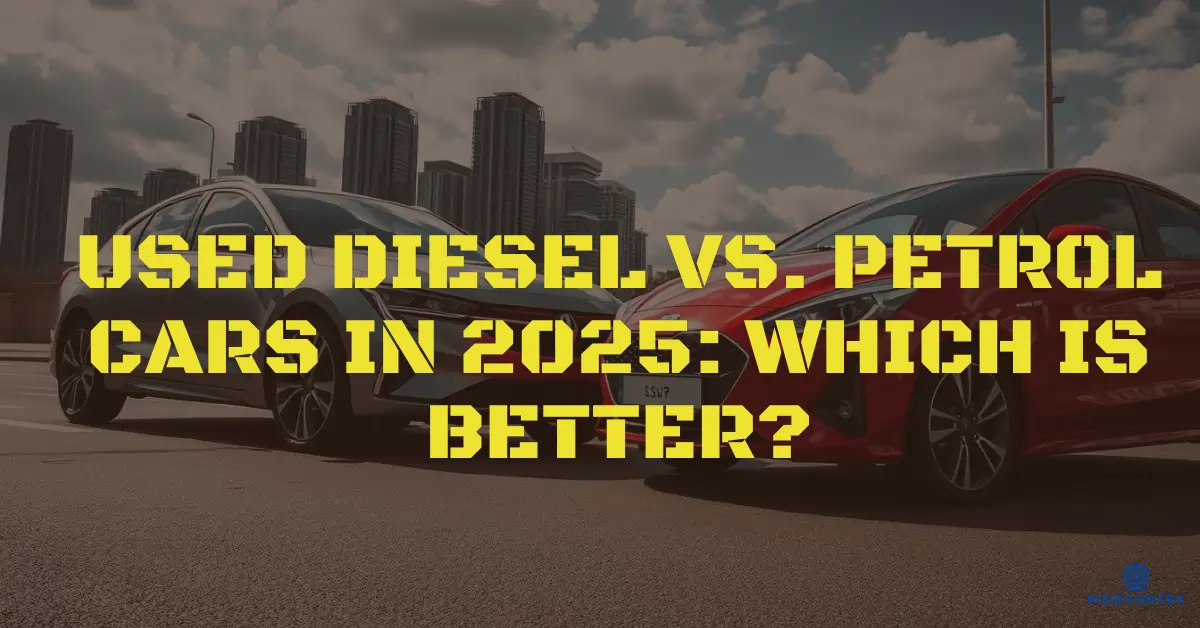
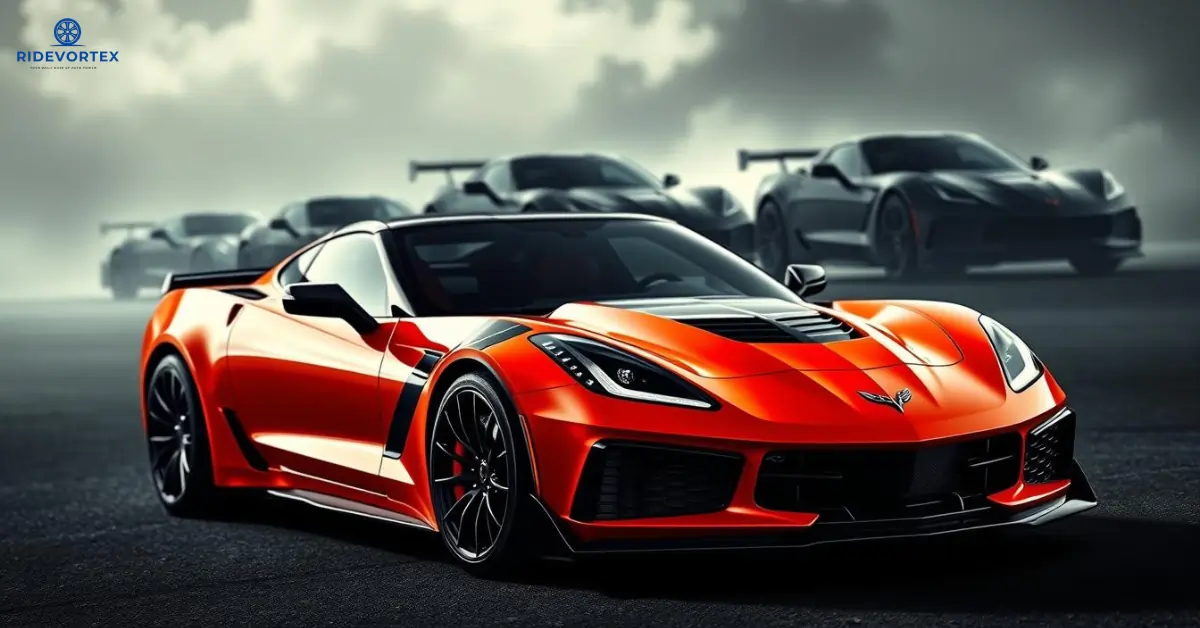



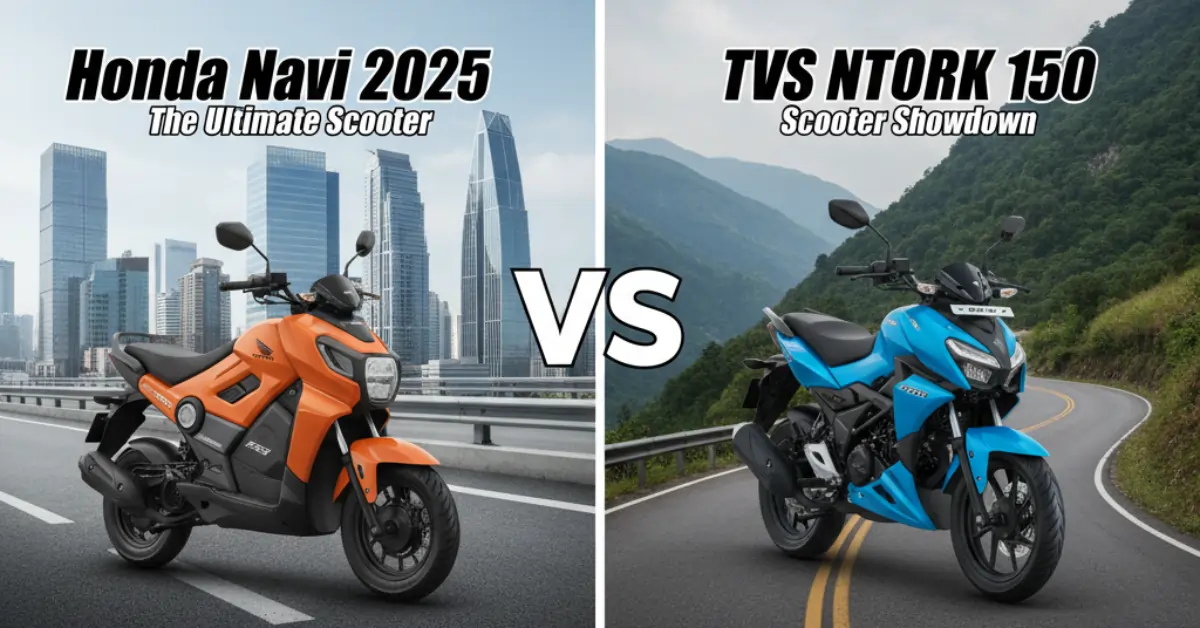
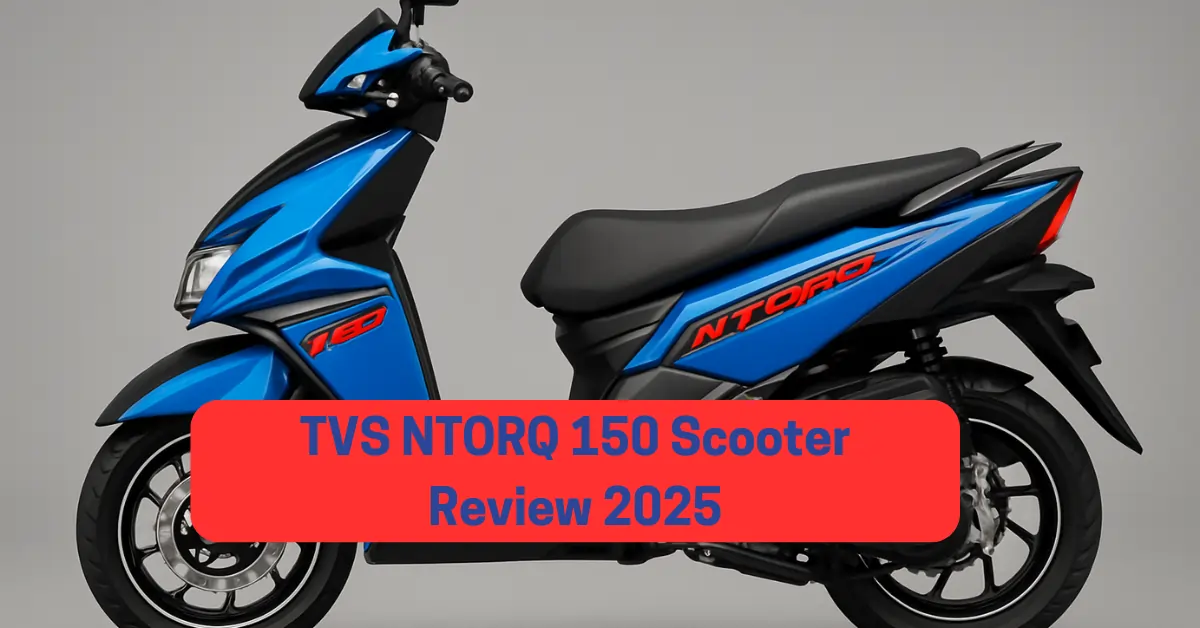

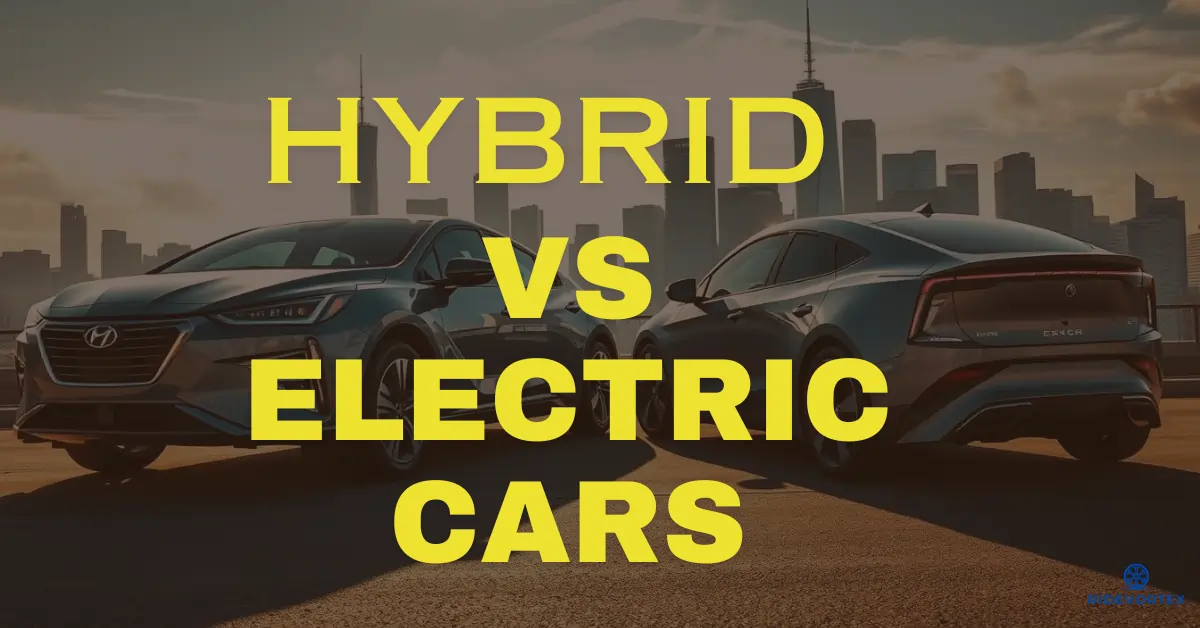
2 thoughts on “Hybrid vs Electric Cars in India (2025): Which One Should You Buy? A Complete Comparison”